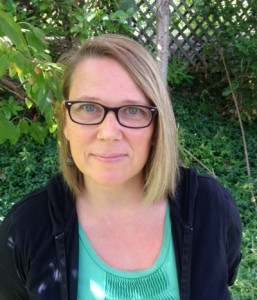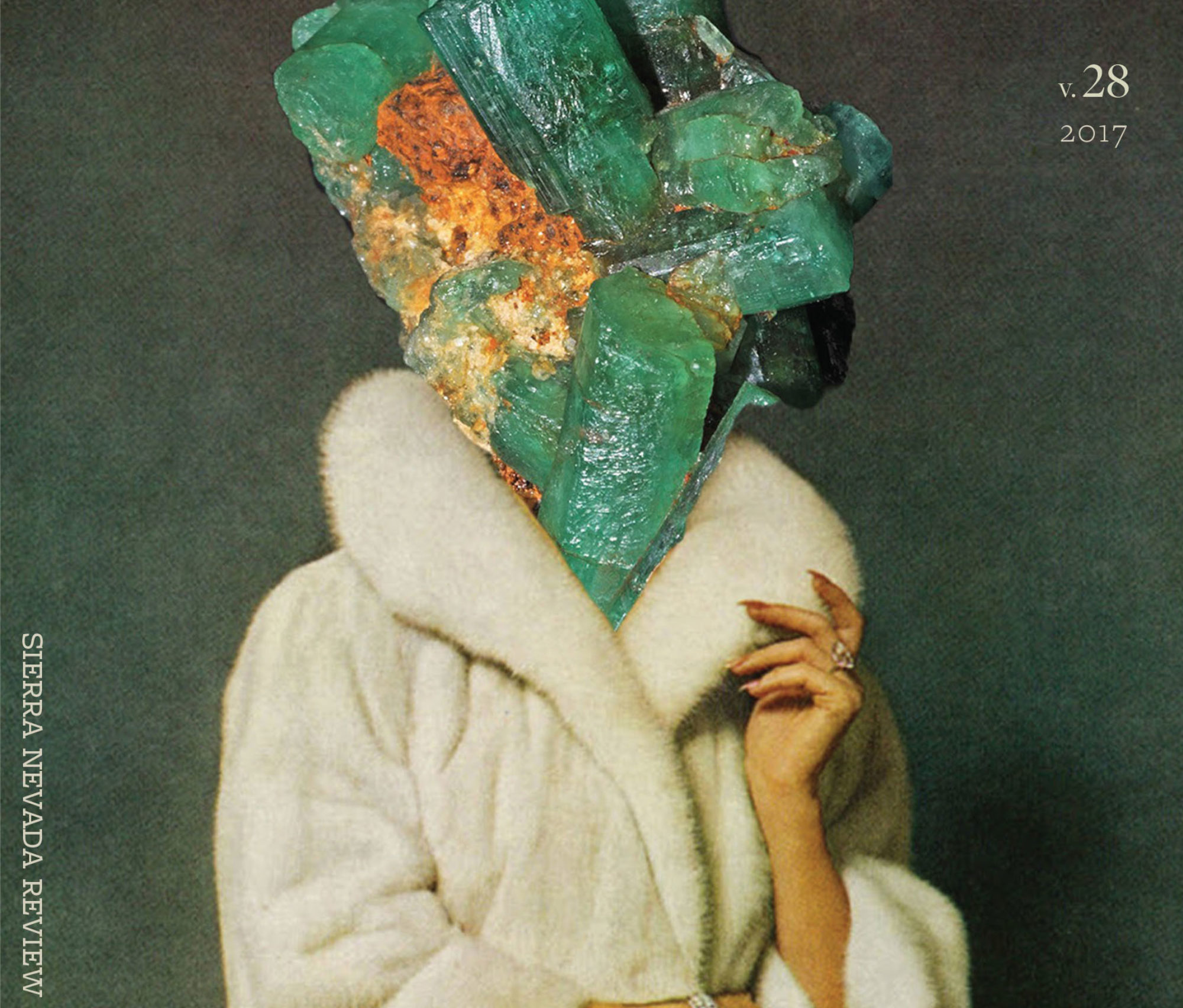By Laurie Macfee
On September 6th, Tobias Wolff touched down on the campus of SNC for a brief but profound visit. His book School Days, about a boy’s evolution into a writer, is the all-school read of 2013. What a gift for emerging writers to hear a writer talk about his process and journey towards craft. In case you missed it, here are some highlights.
He built on the theme that a “love of reading leads to a love of writing,” and told the standing-room-only crowd about his earliest influences. Wolff wished they were as profound as Susan Sontag’s love of Kierkegaard, but admitted his own started with a love of Albert Terhune, who wrote books about collie dogs, such as The Lad. He read all 50 books in the series at the public library, noting that it is “superficial pleasures that make readers of us.” Which, I must admit, made me feel better about my own early Nancy Drew/Agatha Christie obsess-athon.
The librarian saw his interest and introduced him to London’s Call of the Wild and White Fang, after which he found his way to Hemingway, O. Henry and Fitzgerald. Wolff began writing stories during a time when, “books seemed to arrive from another world.” His writing style was an imitation of his favorite authors, but he also copied stories by typing them verbatim, the way a musician might play Coltrane to learn jazz or an artist might learn to paint by copying a Monet. Being a visual artist myself, I never made that connection with writing – that you have to copy someone’s strokes before you begin to understand your own hand. He said that writers must, “free yourself through imitation – everyone has to pass thru that stage.”
Hemingway especially was a strong early influence, changing Wolff’s understanding of what a writer does. “What always gets me is the intimacy of it…. tenderness, fragility, the breakability of a person. To begin to discover these things is to begin to call yourself to account, and it is this that starts to make you into a writer.” Another influential writer was Tolstoy. Speaking about the short story Master and Man, he noted that the “moral inventory Tolstoy took of himself is what allowed the story to come into being; to find what is true or embarrassing links us to other people in a dramatic form.” I connected this to a question that runs constantly through my head: what did I risk on the page? My goalpost seems to move with alarming frequency.
While autobiographical elements influenced Wolff’s writing of School Days, he drove home the differences between fiction and memoir, saying, “Writers must know what they are writing before they set out. When you put dye in the water, it is no longer clear. From the outset, this had to be a work of fiction.” He noted that writing fiction draws on everything, while memoir must in essence be true, all of it, even if edited to “discern a shape in the life you are writing about.” It made me question where poetry landed on fiction/memoir scale – the blurring of the lines allowed, how even something “truthful” was shaded.
Wolff chose the three writers that visited the school in the novel (Ernest Hemingway, Robert Frost and Ayn Rand) because, “they were all legendary personas that self-consciously created themselves in the public eye.” He found it “permissible to be able to put dialog in their mouths because they used themselves in this way.” I loved how he had to negotiate this authority to be able act on his creative impulse. That he told us about it.
In answer to a reader wishing there was more in the ending about certain characters, Wolff gave a reply that was a wonderful summation of a writer’s role: “since no two people read a book the same way, I want to engage the imagination in such a way that I could begin the arc of a story and then trust the reader – so when I step out of the way, you can finish the circle without me. I want to politely introduce you all, then walk away.”
When asked why there was such a span of time between an event occurring and when Wolff wrote about it (perhaps 25 yrs), he said it “needed time to sit and season, so I can see the form of the experience – the shape. To see what was important and what was not. Things have to settle for me…. so I won’t be self-defensive, or self-protective.” This notion has come up two times since Wolff spoke, most recently for a writer in my poetry group: how you can’t write about the thing until one day, you can. I told her what Wolff had said and it helped her as much as it did me – a certain recognition of a shared trait.
Wolff spoke about process, how he wished he could call up good stories on command – how that was not possible for him. “The spark of a story is a gift. It is given, it isn’t determined by you. All it takes is one or two years for it not to be given to see the truth of this.” And he never talks about a story until he has finished in its entirety. “The idea can be talked away. It’s a mystery to be respected.” I’d always thought that the possibility of a piece was like a held breath and sharing it pre-maturely allowed a bit to escape. What a relief this isn’t a solitary assumption.
Boarding schools are an often maligned subject, but Wolff wanted to “honor the rigor, the close friendships, generosity and truth seeking, the love of literature” he found at his school, a place where in writing, “the attempt was honored.” He also recounted how the first person that told him he should be a writer was another student – the weight that voice carried. It led him to want to create a novel “about vocation, how someone wants to become something – that crisis of identity. To reconcile present conditions with a history.” The fact that Wolff painted an arc that mimicked his own, addressed the breakability of a person very like his own person, called himself into account – that is what made for such a generous read.
At the end of his lecture, he read one of my favorite dog-eared portions of the book, which begins with the protagonist relating a “shadow on my faith in the school.” Wolff said that, as amazing as his experience was at his own school, he couldn’t ignore the class divisions. From the book: “Much as I wanted to believe in its egalitarian vision of itself, I never dared put it to the test. Other boys must have felt the same intimations. Maybe that was why so many of them wanted to become writers. Maybe it seemed to them, as it did to me, that to be a writer was to escape blood and class.” The passage goes on to speak about the power of a writer, ending, “And why would Caesar fear Ovid, except for knowing that neither his divinity nor all his legions could protect him from a good line of poetry.”
I so want to believe that is true. Thanks Mr. Wolff, for holding it out as a possibility.
Sincere thanks to June Saraceno for engineering this opportunity for readers and writers, and to Tobias Wolff for his generosity, eloquence, and wit – he was a storyteller in every sense.
 Laurie Macfee is working on her MFA Creative Writing (poetry) at SNC. She is currently the Redfield Fellow in Book Arts at the Black Rock Press at University of Nevada, Reno, and poetry editor of the Sierra Nevada Review. Before focusing on writing, she was Director of the Sheppard Gallery, Curator of Education at the Nevada Museum of Art, Co-Founder of Youth ArtWorks, part-time instructor at UNR and full-time art teacher at Reno High. She has a BA Liberal Studies and BFA Photography from San Jose State University, and did MFA studies in Visual Art at University of South Florida.
Laurie Macfee is working on her MFA Creative Writing (poetry) at SNC. She is currently the Redfield Fellow in Book Arts at the Black Rock Press at University of Nevada, Reno, and poetry editor of the Sierra Nevada Review. Before focusing on writing, she was Director of the Sheppard Gallery, Curator of Education at the Nevada Museum of Art, Co-Founder of Youth ArtWorks, part-time instructor at UNR and full-time art teacher at Reno High. She has a BA Liberal Studies and BFA Photography from San Jose State University, and did MFA studies in Visual Art at University of South Florida.

google porn porn google